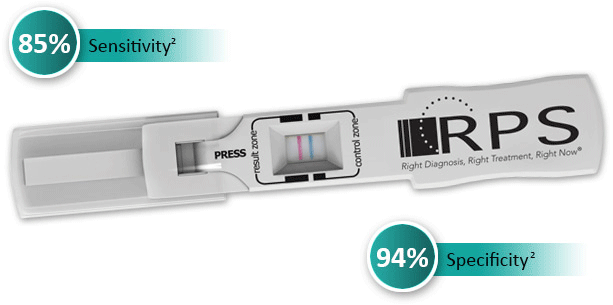Dry eyes

My eyes are itchy, dry, irritated, burning and gritty. These are some of the complaints associated with a condition called "dry eyes". Dry eyes are a common problem associated with decreased tear production and or rapid evaporation. This condition is common if you live in a dry, hot area such as San Joaquin Valley.
What are dry eyes?
Why choose Dr. Sunalp?
-
Free initial screening in our Visalia office (3746 Mooney Blvd.-Next to Wal-Mart
-
Large range of punctal plugs.
-
Dr. Sunalp's involvement in punctal plug patents.
-
We use a dye test, enzyme test, BioTears and Restasis
-
Temporary treatment with punctal plugs
-
Trained at University of Southern California (USC)-top 10 in the USA
-
Highly experienced physician
-
Board certified physician
-
Dr. Sunalp is a diplomat of the American Board of Ophthalmology, a Fellow of the American Academy of Ophthalmology, Fellow of the Royal College of Ophthalmology, England and a Fellow of the American College of Surgeons
What
do our patients say?
News on Dry Eyes Treatment!
InflammaDry®
InflammaDry® is the first and only, rapid result, in-office test that detects elevated levels of MMP-9, an inflammatory marker that is consistently elevated in the tears of patients with the dry eye disease.

How are dry eyes diagnosed?
How are dry eyes treated?
In order to maintain good vision and comfort, eyes produce tears that provide constant lubrication and comfort for the eyes. Tears are made of water (provide moisture); oils (provide lubrication); and mucus (for even spreading); and antibodies and special proteins (provide resistance to infection.) All these tear components are secreted by special glands located around the eye.
When there is an imbalance in the tear system, eyes are not lubricated properly and a person may experience:
-
pain
-
light sensitivity
-
itching
-
redness
-
blurry vision
It is important to note that a person with a dry eye can have excessive tearing, which may seem confusing. This is result of not enough eye lubrication. The eye delivers a signal through the nervous system for more lubrication. The eye tries to compensate for the underlying dryness by producing more tears and flooding the eyes, however, these tears are made of water and lack the lubricating qualities of normal tears.
What causes dry eyes?
In addition to an imbalance in the tear-flow system caused by conditions such as, dry air from heating or air conditioning, pollution, sun, wind or other environmental conditions, dry eyes may be caused by:
-
The natural aging process
-
Side effects of certain medications such as antihistamines and birth control pills
-
Diseases affecting the tear production ability, such as Sjorgen's syndrome, rheumatoid arthritis, and collagen vascular diseases
-
Structural problems that interfere with the ability of the closure of the eyelids.
Tests and procedures that may be used to diagnose your dry eyes include:
-
A comprehensive eye exam, including a complete history and physical exam by ophthalmologist
-
Measuring the volume of your tears
-
Determining the quality of your tears
There are numerous treatment options including:
-
Artificial teardrops and ointments.
-
Temporary punctal plugs
-
Restasis. The FDA approved eye drop prescription.
-
Other nutrition. There is evidence that increasing the oral intake of fish oil and omega-3 supplement is very helpful to people suffering with dry eye.


